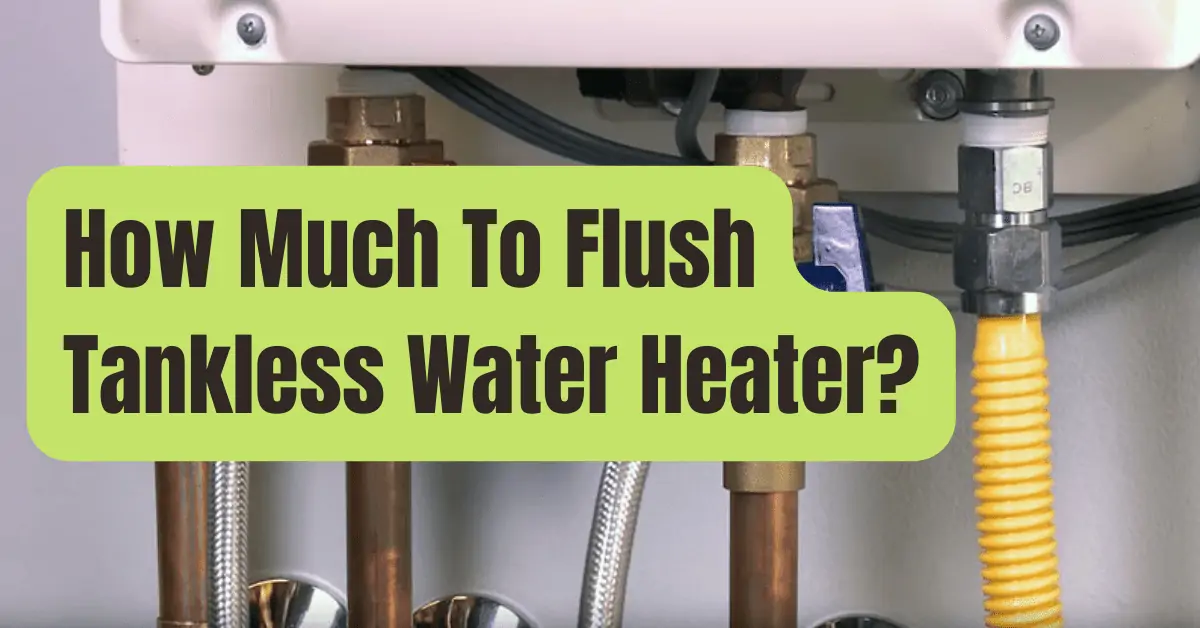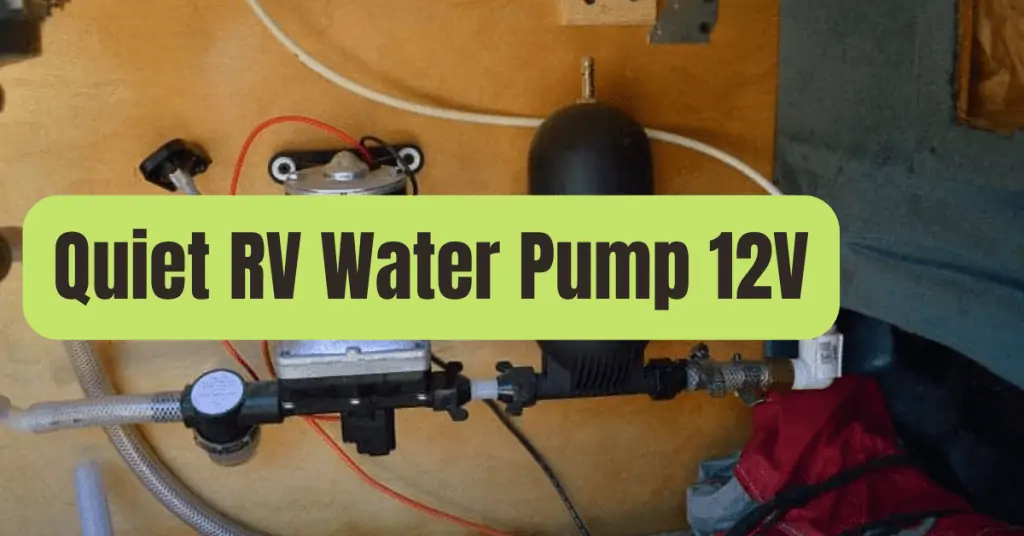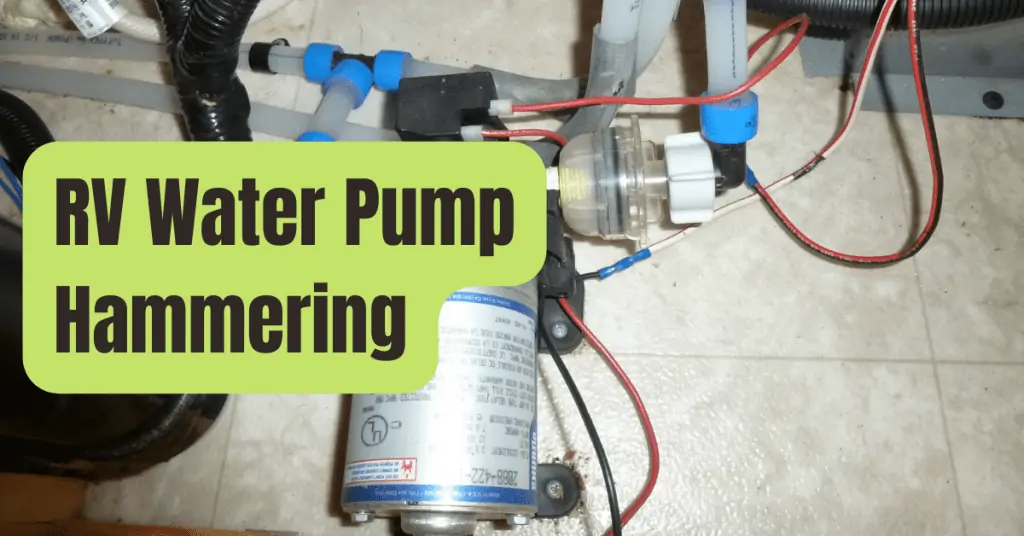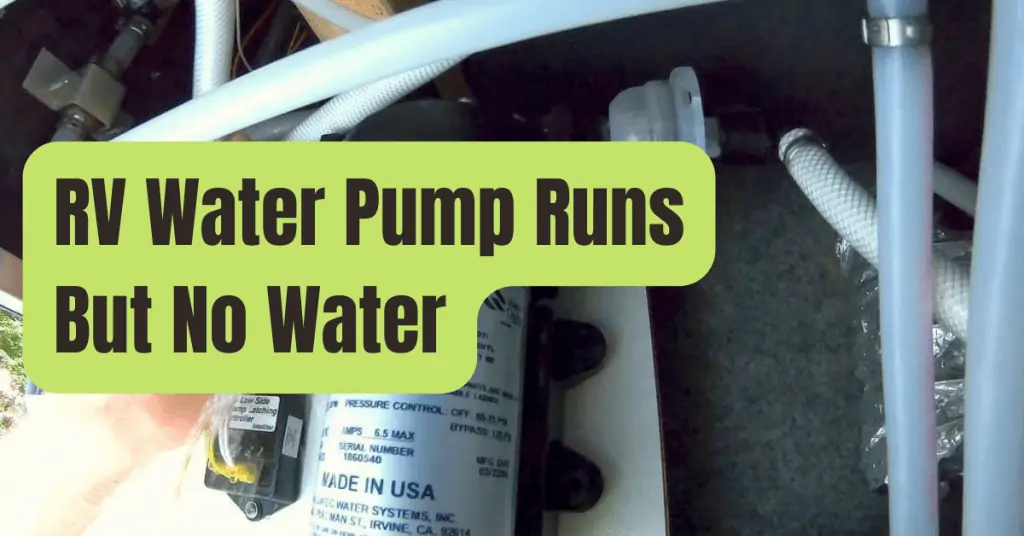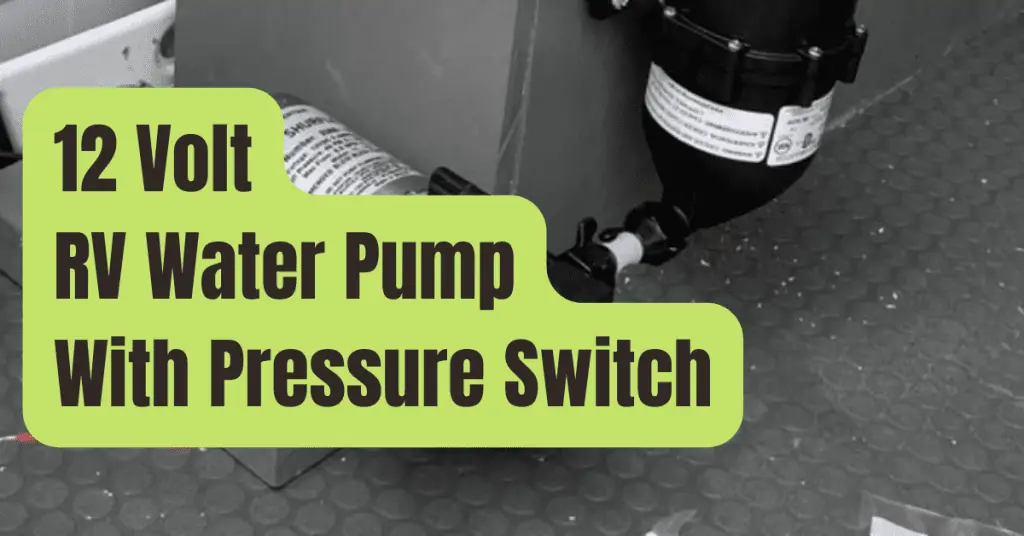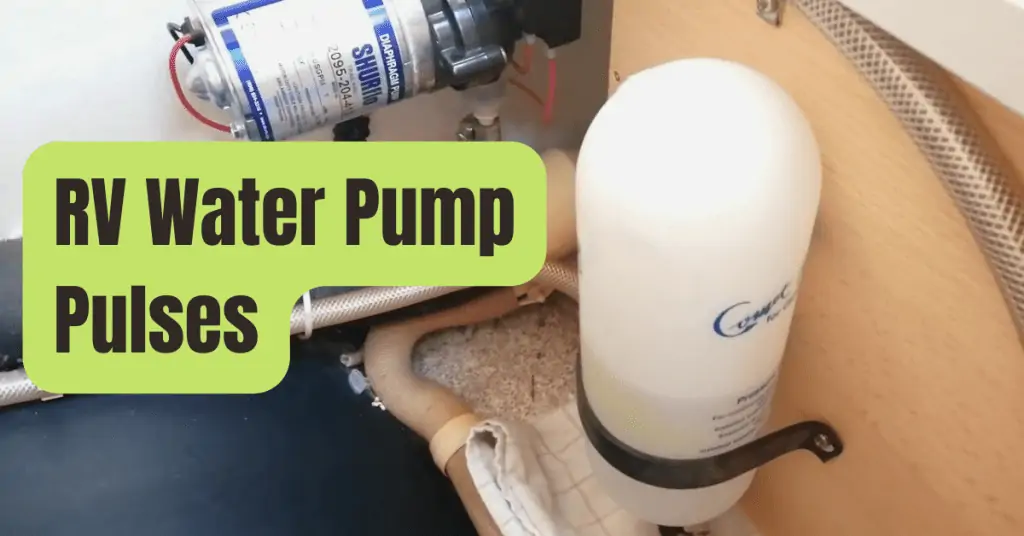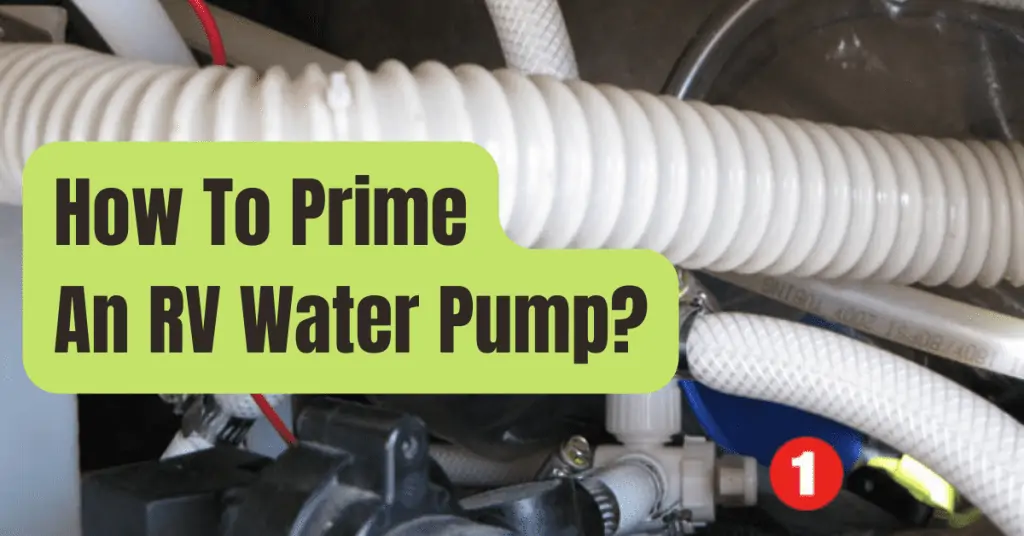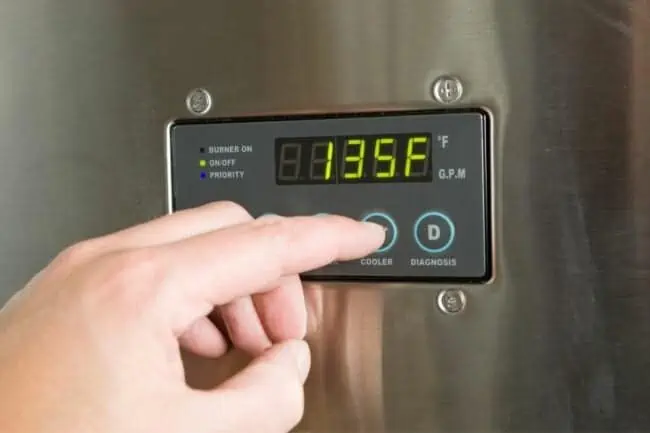
A tankless water heater can be the answer if you’re sick of running out of hot water since it heats water as you need it.
Depending on the style, manufacturer, and flow rate, a tankless water heater installation may cost more or less overall.
When built and connected properly, a tankless water heater has the potential to cost less over time than a conventional tank-style water heater.
Tankless hot water heaters, also known as on-demand water heaters, provide a few benefits over tank-style heaters.
Only when a tap is opened or an appliance is used do tankless heaters consume energy to heat water.
They can provide an infinite supply of hot water, are less likely to leak, take up less space, and often last longer.
Expect to pay a plumber an hourly cost or a fixed rate for labor when you hire a professional to install a tankless water heater.
A new water heater is required.
It will be installed by a reputable expert for you.
Get cost-free, no-obligation project quotes from local plumbers.
Cost-Related Variables For Tankless Water Heaters
The cost of a tankless water heater is determined by a number of variables.
The kind of system, whether it is a single-point or whole-house system, the fuel it uses, the flow rate, the system size, the brand, personnel, materials, permits, accessibility, and extra costs for the removal of the old heating system might cause prices to vary from the national average.
#1. Systems Type
Depending on the kind of heater, a tankless water heater installation will cost more or less overall.
Tankless water heaters may be powered by electricity, natural gas, propane, or solar energy.
Each kind has a different cost and benefits.
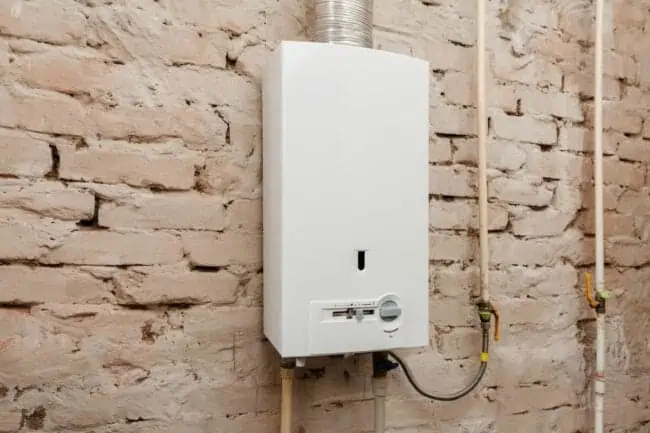
#2. Whole-House System vs. Single-Point System
A single-point or point-of-use tankless water heater is installed next to the faucet, appliance, or shower that requires it.
They are effective because there is minimal water waste since the water has a limited distance to go.
In houses with several bathrooms and appliances, single-point systems are the norm.
These water heater systems may be put inside or outside the home, but they must be no more than 50 feet from another power source.
Each water supply needs its own water heater because of this.
Between 0.5 and 2 liters of hot water are produced by a single-point device per minute.
For optimal gas unit venting, a whole-house tankless water heater is often located next to an external wall.
Even when many bathrooms and various appliances are in use at once, a single whole-house system may still provide hot water.
There are many unit sizes available, allowing you to choose the ideal one for your house.
The amount of hot water produced by a whole-house system per minute ranges from 5 to 10 gallons.
Your choice of tankless water heater will be influenced by how much hot water your home typically consumes.
If numerous people are taking showers, doing laundry, and running the dishwasher at once, some homes could need multiple whole-house units.
Some homeowners choose for a tankless system that serves the whole home together with a few single-point units for certain spaces.
To find out which tankless water heater is ideal for your house, see a specialist.
#3. Type of Fuel and Flow Rate
There are several methods to fuel tankless water heaters.
They may be powered by solar energy, electricity, natural gas, propane, or oil.
A tankless water heater that uses the same fuel source as the home’s heating system is preferred by some homeowners.
Some water heaters have the ability to combine several types of fuel, such as an electric heater and a propane furnace.
While a solar-powered device may assist lower energy costs, installation will be more expensive initially.
Unlike a tank-style heater, a tankless water heater does not indicate how many gallons of water it will provide.
A flow rate determines the size of tankless heaters.
Calculating the required gallons per minute (GPM) yields the flow rate.
The maximum number of gallons per minute required for your house may be calculated by adding the values representing the simultaneous usage of fixtures and appliances.
Some of the most typical flow rates are listed below.
- Kitchen sink: 3.0 to 9.0 GPM
- Dishwasher: 1.0 to 2.5 GPM
- Bathroom sink: 0.5 to 1.5 GPM
- Shower: 1.0 to 2.0 GPM
- Washing machine: 1.5 to 3.0 GPM
#4. Device Size
The cost of tankless water heaters will vary depending on their size.
If the heater is an energy-efficient or cheap brand, this will also affect the price.
Typically, a bigger electric heater costs less than a smaller gas heater.
Possibly now is the time to replace your old water heater.
It will be installed by a reputable expert for you.
#5. Brand
When purchasing a tankless water heater, there are several manufacturers to choose from.
Some will be less costly, while others will cost more.
It is advised that homeowners take into account not only the entire cost but also all the possibilities for a tankless system.
#6. Work, Supplies, and Permits
Depending on the water heater model, fuel source, and location, installing a tankless water heater typically takes between 2 and 8 hours.
Walls must often be opened during installation, which raises the project’s final cost.
If you reside in a colder region, more ventilation and insulation expenditures could be incurred.
Since fuel lines must be run to the heater, the choice of fuel might also effect the cost.
You could require a permission to install a tankless water heating system in your house, depending on the local building standards.
Some regions distinguish between installing a new water heating system and replacing an existing water heater.
One could need a permission, whilst the other might not.
A qualified plumber will understand the distinctions and determine if your installation job requires a permit.
A qualified and insured specialist should normally handle the installation of propane-powered heating systems.
#7. Accessibility
Be prepared to spend extra money to remove and install a new water heater if the one you already have is difficult to reach.
The costs will vary based on your particular house and circumstance.
#8. Dismantling the Present Heating System
Make sure the price offered for the installation includes the removal and disposal of your present water heater when comparing installation prices.
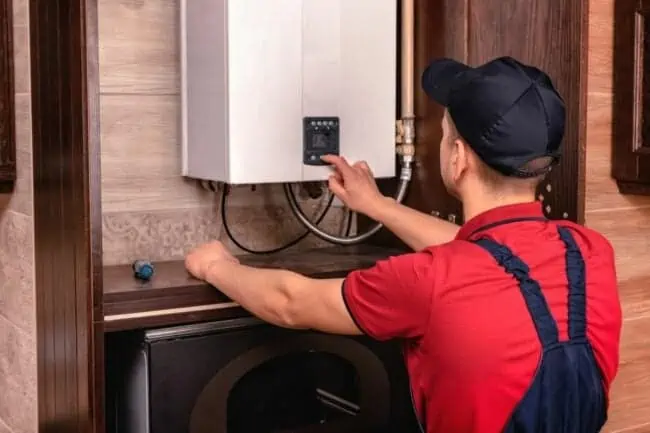
Additional Charges and Factors
Budgeting for tankless water heater expenses will include more than just the essential pricing aspects and considerations.
Electrical work, insulation, the installation of gas lines, structural changes, the use of a power vent or a direct vent, and the usage of condensing vs non-condensing tankless water heater types are a few examples.
#1. New Electrical Systems
If you choose an electric tankless water heater, several electrical designs and systems will need to be upgraded in order to accommodate the new water heater’s voltage needs.
#2. Insulation
There are several tankless water heaters that can’t be put in the same space and with the same setup as a tank-style heater.
The water pipes must be insulated if you reside in a chilly region.
Leave replacing your water heater to the experts.
A reputable expert can assist.
#3. Installation of Gas Lines
Installing tankless gas water heaters takes more time and work.
The tankless heater requires a particular fit for the gas line that flows to it.
A gas line must be run if there isn’t an existing gas line or an offshoot where the water heater will be located.
Remember that there are limitations on where tankless gas water heaters may be put, particularly if they need to be vented outdoors.
#4. Structure-related Changes
When installing a tankless water heater, certain properties may need structural changes.
Building a cabinet for a tankless heater may need a permit for older houses, but be careful to find out whether structural issues are covered by a plumbing or electrical permit before hiring a contractor.
#5. Direct Vent vs. Power Vent
All tankless gas water heaters, whether they use natural gas or propane, must be vented to the outside.
They may either be vented directly or via a power vent.
An electric blower or fan is used in a power vent to take indoor air from around the water heater and vent the exhaust via a horizontal or vertical duct.
A direct vent uses the same duct to draw in air from the outside and to exhaust it via a separate chamber or duct.
For a direct vent, small, enclosed areas are ideal.
Tankless water heaters may be vented via the side wall or the roof.
#6. Compared To Non-Condensing
There are condensing and non-condensing tankless water heaters available.
Condensing tankless systems include an additional heat exchanger that utilises the excess heat to heat the water before it is lost to the venting system.
This raises the water heater’s energy efficiency to 90% or higher.
Non-condensing tankless water heaters just have one heat exchanger and exhaust the heat outdoors.
80 percent of their energy is used efficiently by these kinds of water heaters.
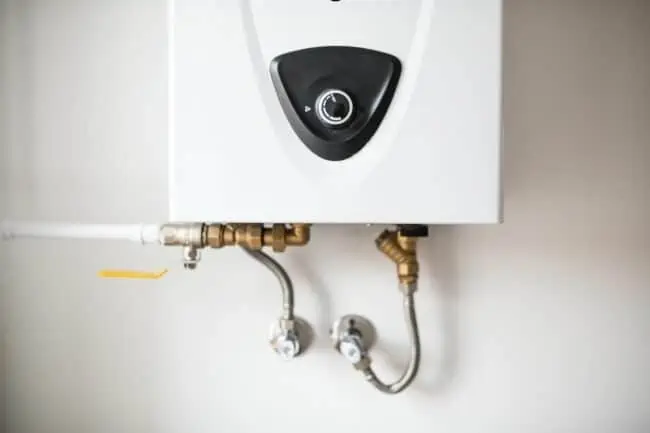
Cost of Tankless Water Heaters: Tankless Water Heater Types
Depending on the kind of water heater installed, tankless water heater prices might change.
A heater that runs on natural gas or propane may cost more up front, but it will end up saving you money.
Electric water heaters are less expensive to build, but their operating costs during their lifetime will vary depending on the price of power in your area.
One of the most costly heaters to install, a solar water heater will ultimately cost less since it uses a sustainable energy source.
#1. Propane Or Natural Gas
Water heaters powered by natural gas are a popular option and perform well in chilly areas.
Tankless gas water heaters have a higher GPM capacity – between 15 and 20 – than electric heaters.
Larger homes, those who reside in colder climes, and people who use hot water more often than normal should all utilize gas heaters.
Natural gas is thought to be less efficient than propane as a fuel.
If you don’t have access to a natural gas connection or your power costs are high, propane heaters are a great alternative.
Propane is often more costly than natural gas, but less expensive than a water heater fueled by electricity or oil.
Possibly now is the time to replace your old water heater.
It will be installed by a reputable expert for you.
#2. Electric
Compared to propane or natural gas heaters, installing an electric tankless water heater is less costly.
Electric heaters are more reliable, offer high energy ratings, and are simpler to maintain.
A tankless electric water heater uses 20 to 30% less energy than a tank-style heater.
Homeowners are big fans of this kind of tankless water heater.
It’s ecologically beneficial since it uses just energy to operate and needs no upkeep, but it’s uncommon to find an electric heater that produces more than 7 or 8 GPM.
It can be advised that you use a tank-style heater instead of an electric heater if you need hot water more often than the normal household.
If you’ve chosen a tankless alternative, your home may benefit more from using a different fuel source.
While initially more expensive than ordinary models, electric hybrid water heaters heat water significantly more quickly.
Despite not being a tankless water heater in the strictest sense, they share several characteristics with them: They are affordable and don’t need to be vented outdoors.
Only 8,700 BTUs are available for the hybrid variants.
These are well-liked since most households can afford them and they’re simple to install.
They are practical to use in confined spaces, below sinks, and next to washing machines.
For those who have boats, campers, or tiny restrooms, point-of-use electric warmers are another excellent choice.
They save water by swiftly heating it with little wastage.
They are noncorrosive, insulated, and lightweight.
#3. Solar
Studies have indicated that solar water heaters save water heating costs by 50–80% and are eligible for a 30% tax credit.
In sunny areas, these kinds of water heaters are advised.
Although they are inexpensive to install and function silently, they need little maintenance.
Once the solar water heater is operational, there are no ongoing energy expenses since they are powered by the sun.
The heater will eventually be paid off by this.
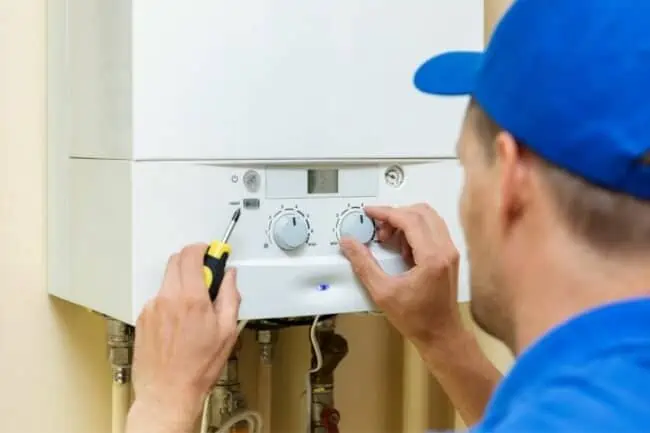
Tankless Water Heater Advantages
Any household may benefit from upgrading from a conventional tank-style water heater to a tankless one.
Compared to its tank-style predecessors, tankless water heaters often last longer, consume less energy, provide an infinite supply of hot water, and lower utility costs.
#1. Saves Space
40 to 60 gallons of water may be stored in conventional tank-style water heaters.
They often take up a lot more room than a tankless version and measure 60 inches tall by 24 inches broad.
Tankless water heaters are typically 28 inches high, 20 inches wide, and 10 inches deep.
Tankless heaters are often mounted in a cabinet or within a wall.
Your utility closet or basement may have more room as a result.
#2. Useful & Safe
Many gallons of water may leak or spill inside your house if a tank-style water heater malfunctions.
With a tankless water heater, there’s no chance of it happening.
Additionally, tankless heaters do not encourage the spread of germs and will not collapse after an earthquake or other natural catastrophe.
There is no chance of dangerous carbon monoxide exhaust backing up into the home since the air supply to the heater and the vents to the outside are sealed.
#3. Simple Winterization
Imagine you own a summer residence or a rental property.
If so, you are aware of how difficult and time-consuming it can be to empty a conventional tank-style water heater before leaving the home for a lengthy period of time.
With the use of a compressor, a tankless water heater may be quickly emptied and subsequently disconnected.
#4. Efficient
Up to 96 percent of the heat from the fuel may be recycled using condensing tankless water heaters.
This is so that the exhaust heat is not lost via the vent before being trapped by the second heat exchanger.
Tankless heaters with condensing technology cost roughly 25% more than those without.
Additionally, they produce an acidic condensate that has to be neutralized and countered.
A water heater specialist will need to install a neutralizer if the heater doesn’t already have one built in.
Need to install a water heater?
A well regarded expert will handle it for you.
#5. Power Saving
Compared to conventional tank-style heaters, tankless water heaters provide much greater energy savings.
An average home’s energy costs are accounted for by water heating at 30% of total costs.
Tankless water heaters may considerably decrease energy consumption since they only heat water as it is required.
#6. Long Lasting
Tankless water heaters fuelled by gas may last up to 20 years.
Due to the fact that they don’t keep water in a tank susceptible to corrosion and leaks, they last longer and need less maintenance than tank-style water heaters.
#7. Easily Maintained
Tankless water heaters are simple to maintain, but hard water may need more effort.
Hard water’s mineral content may result in buildup and blocked pipes.
Even in houses without hard water, an annual descaling is advised.
It is advised to descale every six months if the water is maintained at a higher temperature than normal.
The manufacturer’s suggested routine maintenance is what the Department of Energy advises.
#8. Consistent Hot Water Supply
When a home’s whole hot water supply is kept in a tank, the chance of running out at an inconvenient time increases.
Tankless water heaters heat water only as much as is required for whatever long is required.
As a consequence, hot water is available at all times.
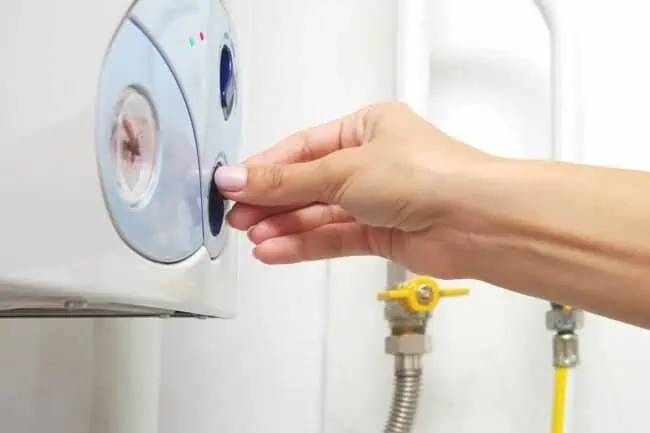
What Tankless Water Heater Size Do I Require?
The size of the tankless water heater is the next crucial choice after choosing the kind of tankless water heater.
You’ll pay for a device that you won’t fully use if the water heater is too huge.
You run the danger of not having hot water when you need it if it’s too tiny.
Every hot water faucet and appliance will need a single-point system.
A whole-house system must have enough BTUs to heat water rapidly as needed.
A specialist will consider three factors to decide the size of your tankless water heater:
- Water temperature when it enters. A plumber will check the temperature of the water entering the home to calculate the amount of BTUs needed to heat the water from cold to 120 degrees Fahrenheit.
- Demand. A plumber may also figure out the peak demand by adding up the flow rates of all the hot water-using fixtures and appliances that are being utilized at the same time. Since we don’t take a shower or a bath, the overall amount is lowered by 20%.
- Water at 120 degrees Fahrenheit. Utilizing low-flow fittings or avoiding using many appliances and fixtures at once helps minimize peak demand.
- Input of BTU. Calculating the peak demand values and the BTUs per gallon yields the total BTU production. Choose the water heater with the larger BTU rating if the total is between two different models. It is advised to use two smaller tankless water heaters that will operate in tandem if your home’s output surpasses the allowed 198,000 BTUs for residential water heaters.
Cost of a DIY Tankless Water Heater vs. a Professional
A tankless water heater installation is not a task for the typical do-it-yourselfer.
To make room for a new tankless water heater, many houses will need to be modified.
These can include new drywall, pipes, fittings, gas lines, or pipes.
Some places demand that this service be carried out by a qualified and certified expert.
Carbon monoxide emissions, venting, thermal resistance, and California earthquake rules are some of the requirements that apply.
Hire a qualified plumber to install your new tankless water heater properly and in accordance with all local regulations and rules.
Possibly now is the time to replace your old water heater.
It will be installed by a reputable expert for you.
Tips for Lowering the Cost of a Tankless Water Heater
The price of a tankless water heater may be costly, and the project’s extra expenditures can mount up rapidly.
Installing the least expensive water heater is one approach to reduce the cost of a tankless water heater, but there are other ways to save expenses without sacrificing quality.
- Rebates. Condensing tankless water heaters are rebate-eligible and more energy-efficient than conventional models. They have received certification from the federal Energy Star program. The refund is usually sufficient to cover the cost difference between a condensing and non-condensing unit. Inquire about manufacturer incentives with your water heater expert.
- Tax deductions. If you choose a solar-powered tankless water heater, the government will give you a 30% tax credit.
- Obtain many quotes. To compare installation rates, get at least three quotes from reliable plumbers in your region.
- Fuel class. The cost of the project will vary depending on whether a natural gas, propane, or solar-powered water heater is chosen. While certain gasoline types are more costly up front, they ultimately cost less. Choose the tankless water heater that will function best in your house after carefully weighing your alternatives.
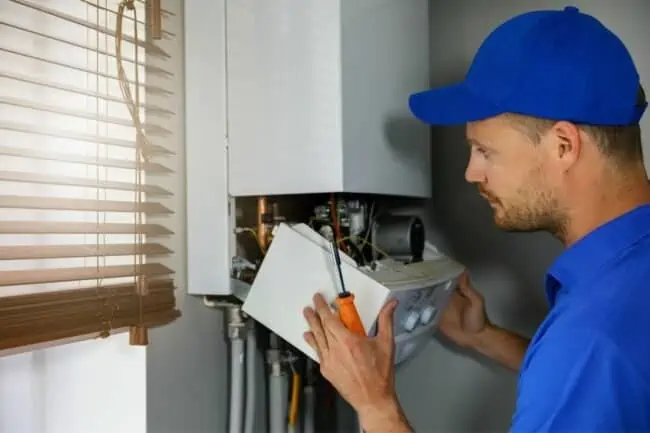
What to Ponder When Considering Tankless Water Heaters
Asking the appropriate questions to a specialist about tankless water heater prices may reduce misunderstandings, save money, and produce the intended outcomes.
Here are a few queries to ask to a tankless water heater expert.
- Do you have a license and insurance?
- The tankless water heater will be installed by who?
- What tank size do I require?
- What tankless water heater manufacturers are available to me?
- How long will it take to install everything?
- How are you going to get rid of the old water heater?
- Do I need to make appointments for maintenance?
- What kind of guarantee do you provide?
FAQs
It might be difficult to choose a tankless water heater while remaining within your means.
To aid you in making selections, review the following commonly asked questions regarding tankless water heater prices.
Can a tankless water heater run out of hot water?
A tankless water heater will heat water as it is needed, ensuring that your house is always supplied with hot water.
What is the tankless water heater’s primary drawback?
The upfront expenditures of a tankless water heater are greater than those of a tank-style water heater, which is one of its drawbacks.
Tankless heaters may provide uneven water temperatures if the wrong size is placed in your house, and it might take up to 20 years to realize savings from one.
The largest drawback of a tankless system is likely that it cannot provide hot water during a power outage.
What is the expected lifespan of my new tankless water heater?
With regular maintenance, a tankless water heater may last for around 20 years on average.

